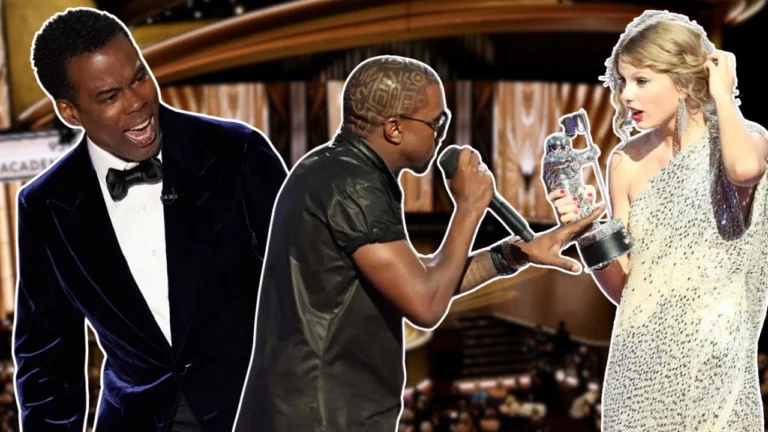Hollywood award shows are often glittering spectacles of glamour, talent, and celebration. However, beneath the surface of these star-studded events lies a history of controversies and scandals that have, at times, overshadowed the accolades themselves. These moments of controversy not only captivated the public’s attention but also sparked significant debates and discussions about various issues within the entertainment industry. From shocking interruptions to controversial wins, these incidents have left an indelible mark on Hollywood’s award show history.
In this article, we delve into the top 12 biggest Hollywood award show scandals that shook the industry and the public. Each of these scandals, in its own way, reveals deeper issues within Hollywood, ranging from systemic biases to the clash between artistic expression and public morality. Through an exploration of these incidents, we aim to provide a comprehensive understanding of their impact on the entertainment world and beyond.
1. The Infamous Oscar Streaker (1974)
The 1974 Academy Awards will forever be remembered for an unprecedented and audacious act of disruption: the Oscar streaker. As David Niven prepared to introduce Elizabeth Taylor, the elegant atmosphere of the event was abruptly interrupted by a man streaking across the stage completely naked. This man was Robert Opel, a well-known activist and streaker who had pulled similar stunts before.
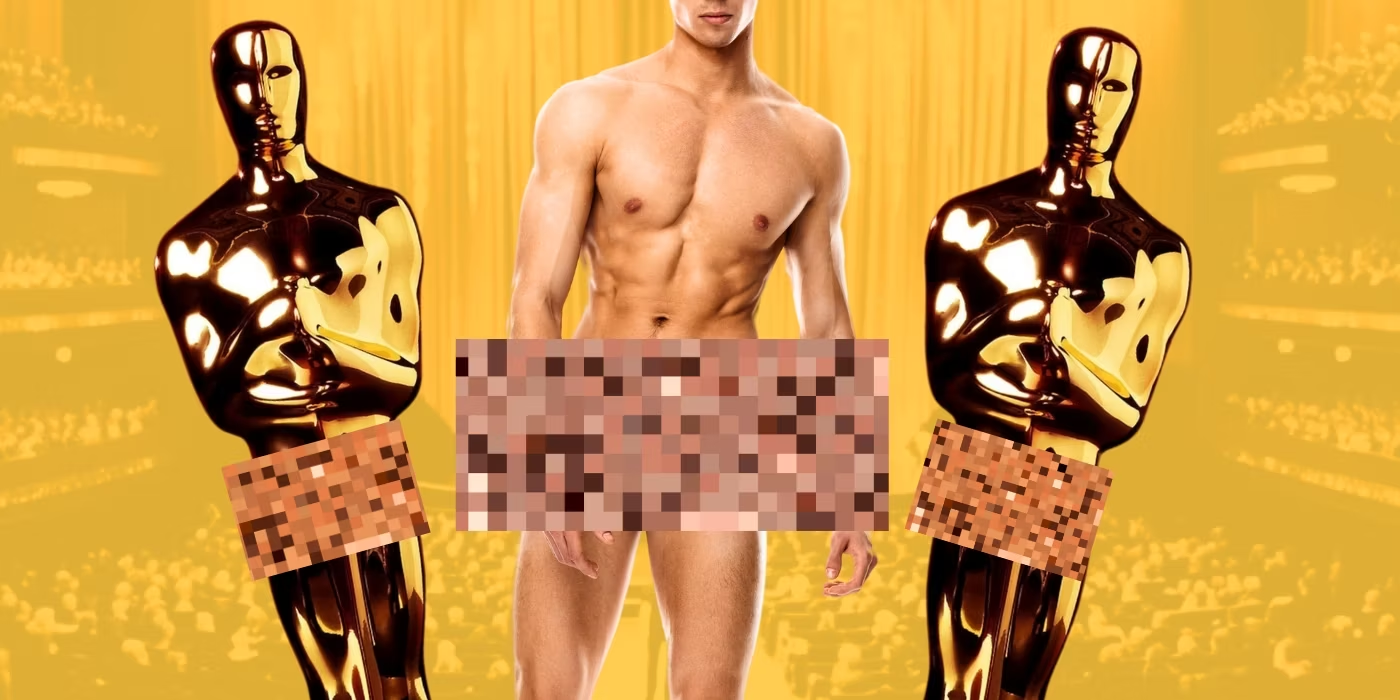
Opel’s streaking was not just a random act of rebellion; it was a deliberate statement. At that time, streaking had become a form of social protest, often used to draw attention to various causes. Opel’s motives were multifaceted. He wanted to challenge the norms and expectations of high-profile events and bring a sense of unpredictability and spontaneity. By choosing the Oscars, one of the most watched and prestigious events globally, Opel ensured maximum visibility for his act.
Interestingly, Opel’s life continued to be marked by activism and art. He remained a notable figure in the San Francisco art scene, often using his platform to challenge societal norms and provoke thought. Sadly, Opel’s life was cut short in 1979 when he was murdered during a robbery at his studio.
The legacy of the 1974 Oscar streaker lives on as a reminder of the unpredictable nature of live television and the enduring impact of bold, unexpected actions. It serves as a testament to the fact that even in moments of high glamour and prestige, there is always the potential for the unexpected to occur, leaving an indelible mark on history.
2. Marlon Brando Declines His Oscar (1973)
The 1973 Academy Awards witnessed one of the most profound and politically charged moments in its history when Marlon Brando declined his Best Actor Oscar for “The Godfather.” Instead of attending the ceremony, Brando sent Sacheen Littlefeather, a Native American activist, to refuse the award on his behalf. This act was intended to protest Hollywood’s portrayal and treatment of Native Americans and to draw attention to the ongoing Wounded Knee Occupation, where members of the American Indian Movement (AIM) were engaged in a standoff with federal authorities.
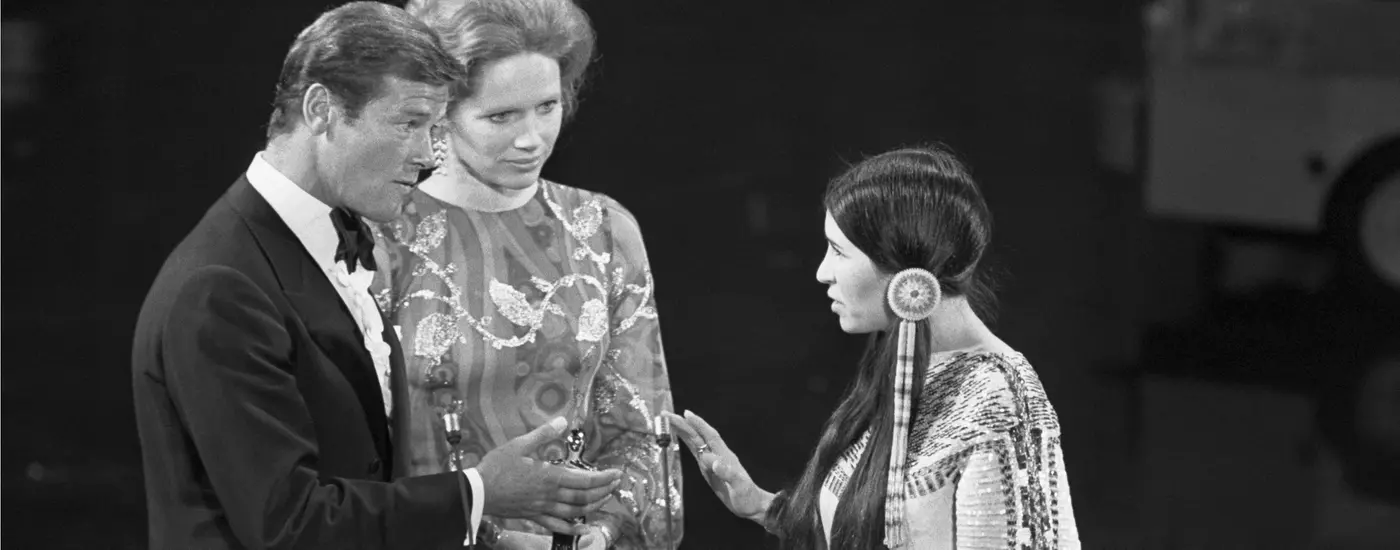
Marlon Brando’s decision to decline his Oscar and Sacheen Littlefeather’s speech remain powerful examples of how celebrities can use their influence to highlight social injustices. It was a moment that transcended the glitz and glamour of the Oscars, reminding the world that Hollywood, with all its influence, also has a responsibility to address and rectify the wrongs it has perpetuated.
3. The Envelope Mix-Up at the Oscars (2017)
The 2017 Academy Awards will be remembered for one of the most shocking and chaotic moments in Oscar history—the envelope mix-up that led to the wrong film being announced as Best Picture. Warren Beatty and Faye Dunaway were on stage to present the final and most anticipated award of the night. After a brief moment of confusion, Dunaway announced “La La Land” as the winner. The cast and crew of “La La Land” came on stage and began their acceptance speeches, but amidst the celebration, it became clear that something was amiss.
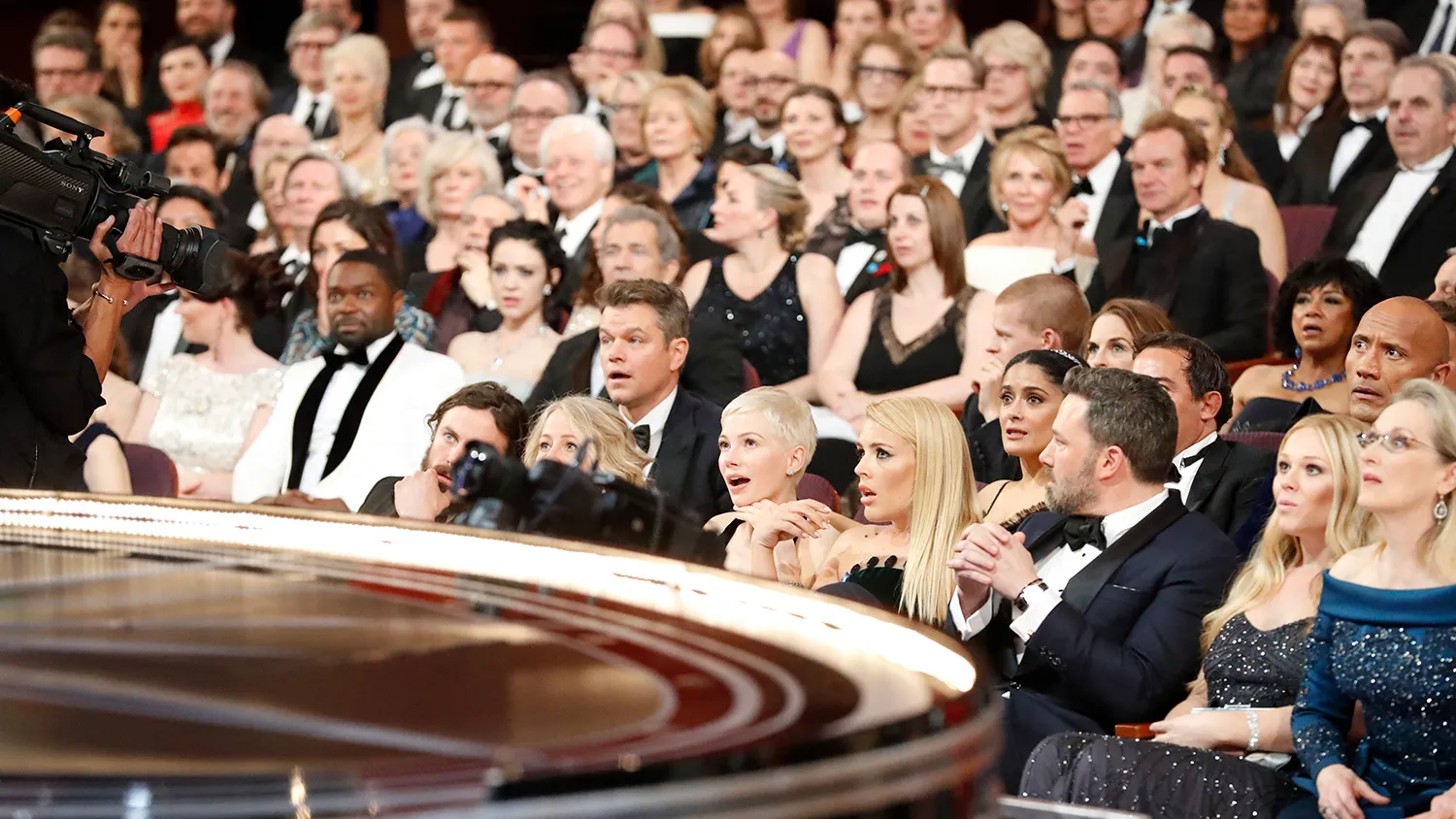
The 2017 envelope mix-up at the Oscars will be remembered not only as a major gaffe but also as a pivotal moment in award show history. It served as a reminder of the human element behind these prestigious events and the potential for error in even the most meticulously planned ceremonies. Ultimately, it highlighted the importance of accuracy and integrity in celebrating cinematic achievements and the need for continuous improvement in the processes that support such celebrations.
4. Kanye West Interrupts Taylor Swift (2009)
The 2009 MTV Video Music Awards became infamous for a moment that has since become etched in the annals of pop culture history. As Taylor Swift was accepting her award for Best Female Video for “You Belong with Me,” Kanye West stormed the stage, grabbed the microphone, and declared that Beyoncé had “one of the best videos of all time” for “Single Ladies.” Swift stood in shock as West’s interruption unfolded, and the audience reacted with a mix of boos and stunned silence.
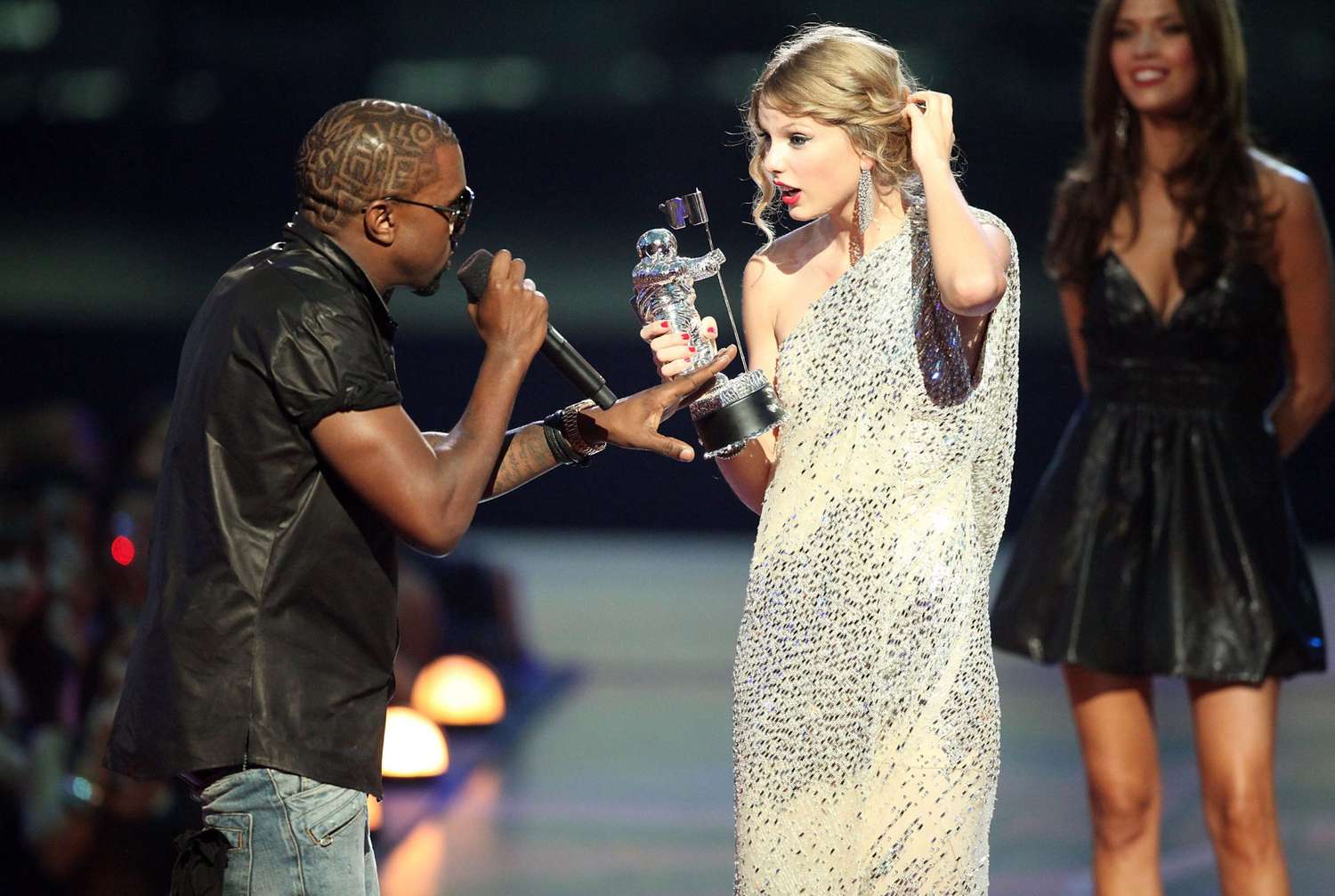
The interruption had lasting effects on the music industry and the careers of those involved. For Swift, it marked the beginning of her journey from country star to pop icon, as she leveraged the incident to build a narrative of resilience and grace under pressure. For West, it added another chapter to his complex and often tumultuous public persona, highlighting his propensity for dramatic, headline-grabbing moments.
In the years following the incident, the relationship between Swift and West continued to be a topic of public interest, with subsequent interactions and controversies adding layers to their storied history. The 2009 VMA interruption remains a pivotal moment in award show history, illustrating how a single act of disruption can have far-reaching implications for those involved and for the industry as a whole.
5. Roman Polanski’s Best Director Win (2003)
Roman Polanski’s win for Best Director at the 2003 Oscars for “The Pianist” was one of the most contentious moments in the history of the Academy Awards. Polanski, a fugitive from the United States since 1978 after pleading guilty to unlawful sex with a minor, had fled to France and had been living in Europe to avoid extradition. Despite his legal status, the Academy awarded him the Oscar, sparking widespread debate and outrage.
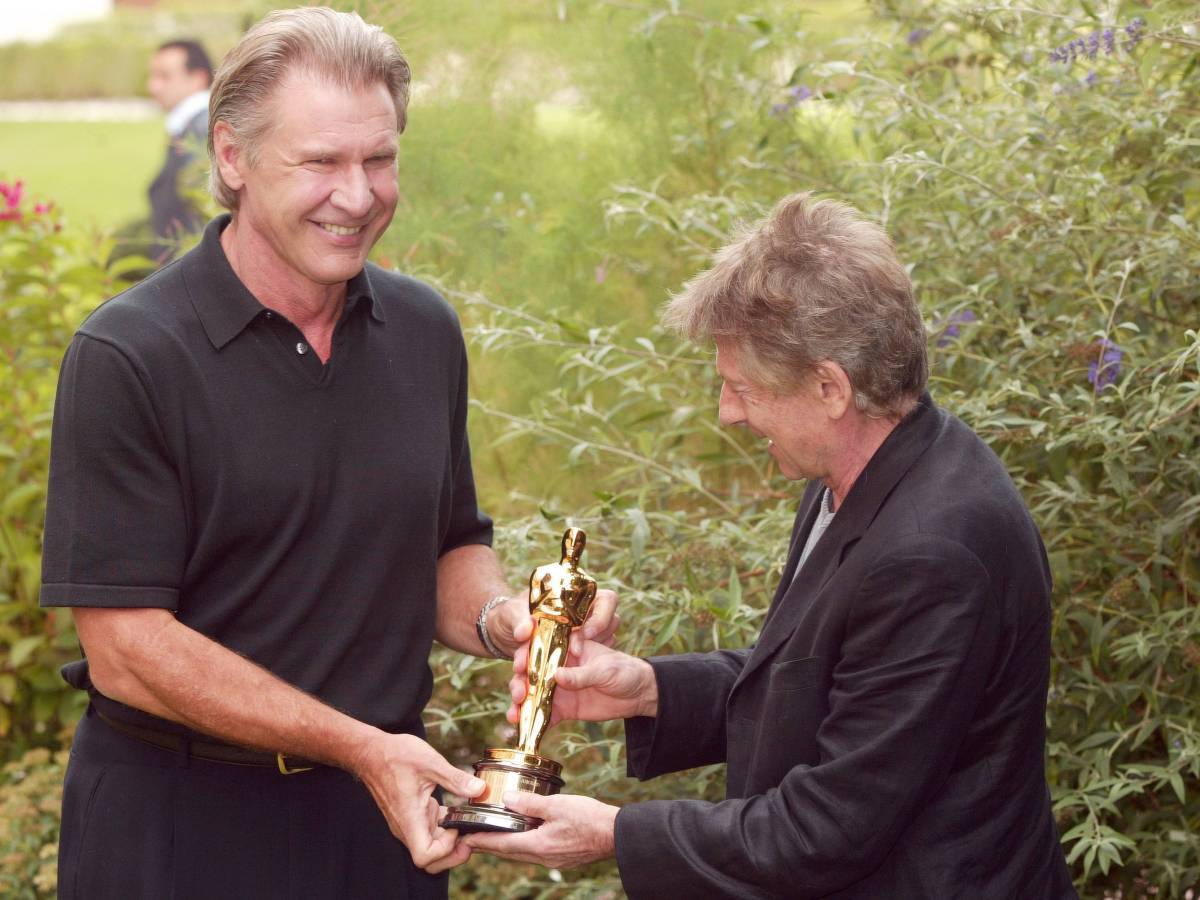
“The Pianist,” a harrowing depiction of a Jewish musician’s survival during the Holocaust, was widely acclaimed, and Polanski’s direction was recognized as masterful. However, the decision to honor him despite his criminal past raised significant ethical questions. Many argued that awarding Polanski sent the wrong message, suggesting that artistic achievement could overshadow serious criminal behavior. The controversy highlighted the ongoing struggle within Hollywood to reconcile the personal misconduct of artists with their professional accomplishments.
Roman Polanski’s 2003 Oscar win remains a defining moment in the history of the Academy Awards. It serves as a powerful reminder of the ethical dilemmas that can arise when honoring individuals who have made significant contributions to art but whose personal actions are deeply problematic. The controversy continues to spark important conversations about the responsibilities of cultural institutions and the complexities of separating art from the artist.
6. Adrien Brody Kisses Halle Berry (2003)
The 2003 Academy Awards were marked by an unexpected and controversial moment when Adrien Brody, upon winning the Oscar for Best Actor for his role in “The Pianist,” kissed presenter Halle Berry on stage. The kiss was unplanned and took Berry by surprise, sparking immediate reactions from the audience and viewers worldwide. While some saw it as a spontaneous and joyful expression of celebration, others criticized it as an inappropriate and unconsented act.
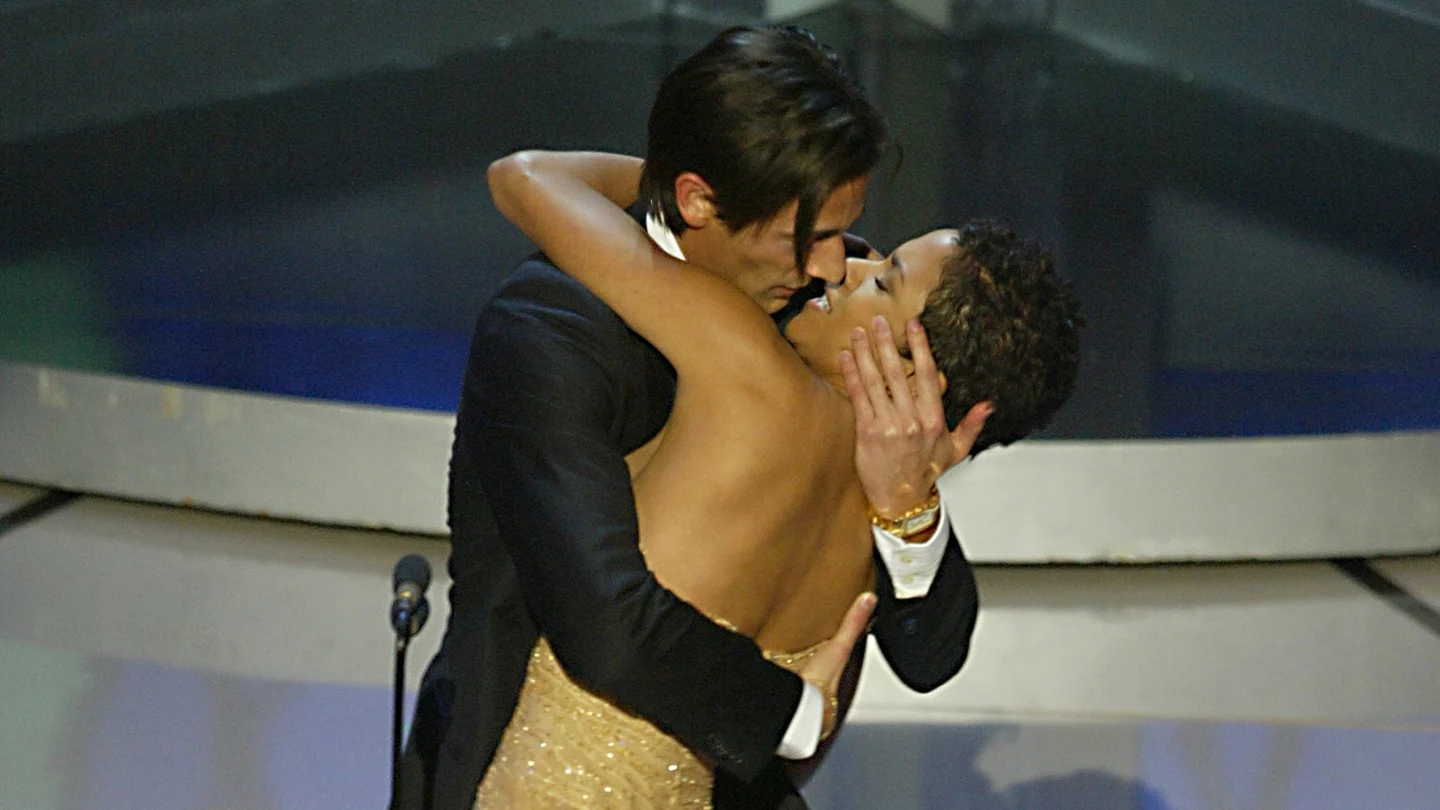
Brody’s win was historic as he became the youngest actor to ever win the Best Actor Oscar, and his performance in “The Pianist” was widely acclaimed. However, his decision to kiss Berry overshadowed his achievement and led to a broader conversation about consent and respect in professional settings. Berry, who initially appeared shocked but smiled through the incident, later stated that she was taken aback and didn’t expect the kiss.
The 2003 Oscars kiss remains a controversial moment in award show history. It serves as a reminder of the importance of consent and the need to foster a culture of respect and awareness, even in moments of celebration. The incident continues to be referenced in discussions about appropriate conduct in professional and public settings, highlighting the ongoing relevance of these issues in today’s society.
7. The Slap Heard Round the World (2022)
The 2022 Oscars were forever marked by a moment that quickly became known as “The Slap Heard ‘Round the World.” During the live broadcast, comedian Chris Rock made a joke about Jada Pinkett Smith’s shaved head, comparing her to the character in the movie “G.I. Jane.” Jada, who suffers from alopecia, looked visibly uncomfortable, and moments later, her husband, Will Smith, walked up to the stage and slapped Rock across the face. Smith then returned to his seat and shouted, “Keep my wife’s name out of your f***ing mouth!”
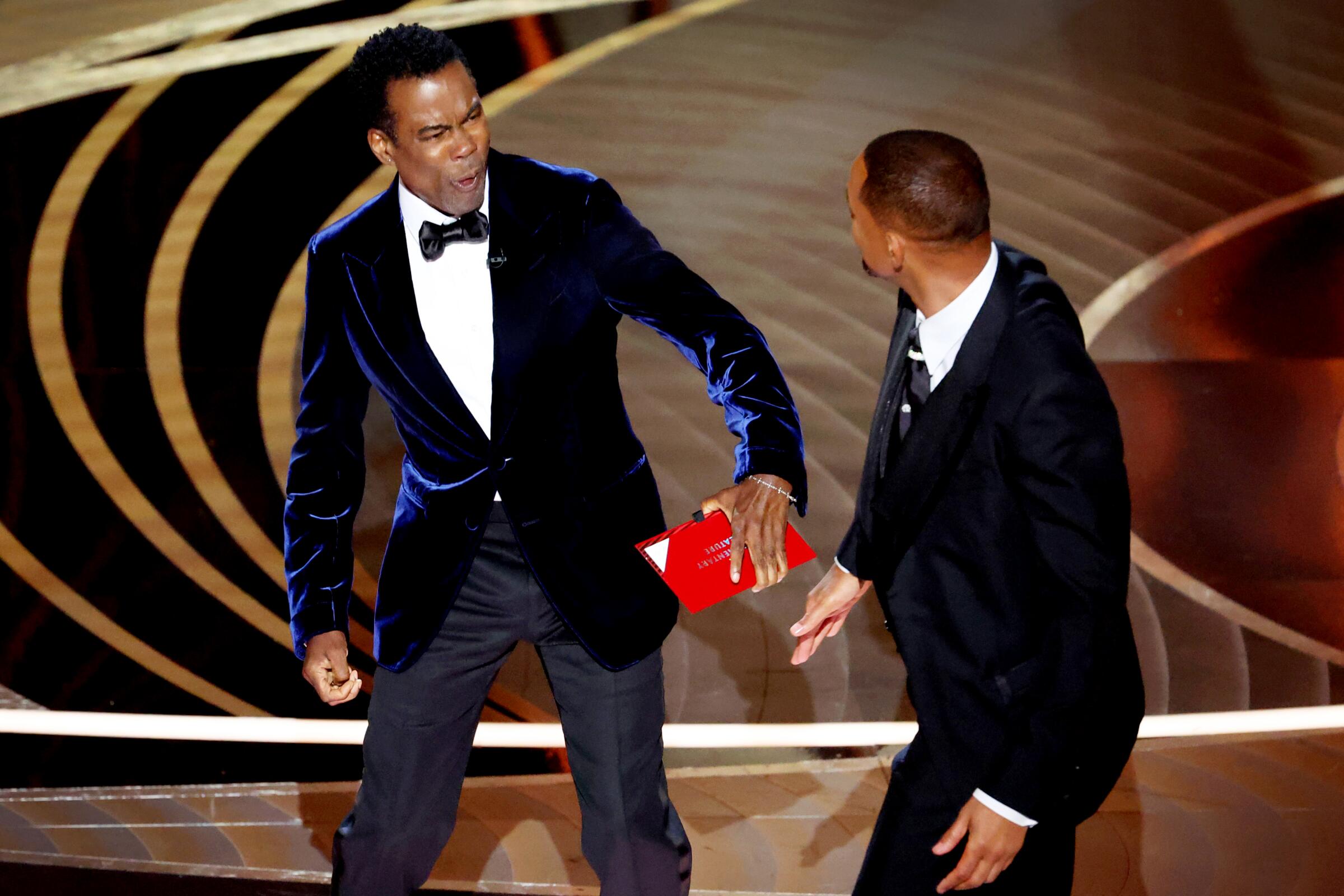
The incident shocked the audience and viewers worldwide. The Academy Awards, known for its glamour and decorum, was suddenly the scene of a physical altercation. The immediate reactions ranged from disbelief to outrage. Some viewers and celebrities supported Smith, seeing his actions as a defense of his wife. Others condemned the violence, arguing that it was an overreaction and inappropriate, especially at such a prestigious event.
The repercussions of the slap were swift and far-reaching. Social media exploded with reactions, and the incident dominated headlines for days. Smith’s actions raised questions about acceptable behavior, the boundaries of comedy, and the protection of loved ones. The debate also touched on broader issues such as mental health, given Jada’s public struggle with alopecia, and the pressures and expectations placed on celebrities.
The slap at the 2022 Oscars will be remembered as a significant and controversial moment in award show history. It underscored the unpredictable nature of live television and the powerful emotions that can arise in such high-stakes environments. The incident serves as a reminder of the importance of handling conflicts with composure and the need for empathy and understanding in addressing sensitive issues.
8. Roberto Benigni’s Chair-Climbing Antics (1999)
The 1999 Academy Awards were marked by one of the most exuberant and memorable acceptance speeches in Oscar history, courtesy of Italian actor and director Roberto Benigni. Upon winning the Oscar for Best Foreign Language Film for “Life Is Beautiful,” Benigni’s reaction was nothing short of euphoric. Overcome with joy, he leaped onto the backs of the seats in front of him and exuberantly climbed his way towards the stage, waving his arms and smiling broadly.
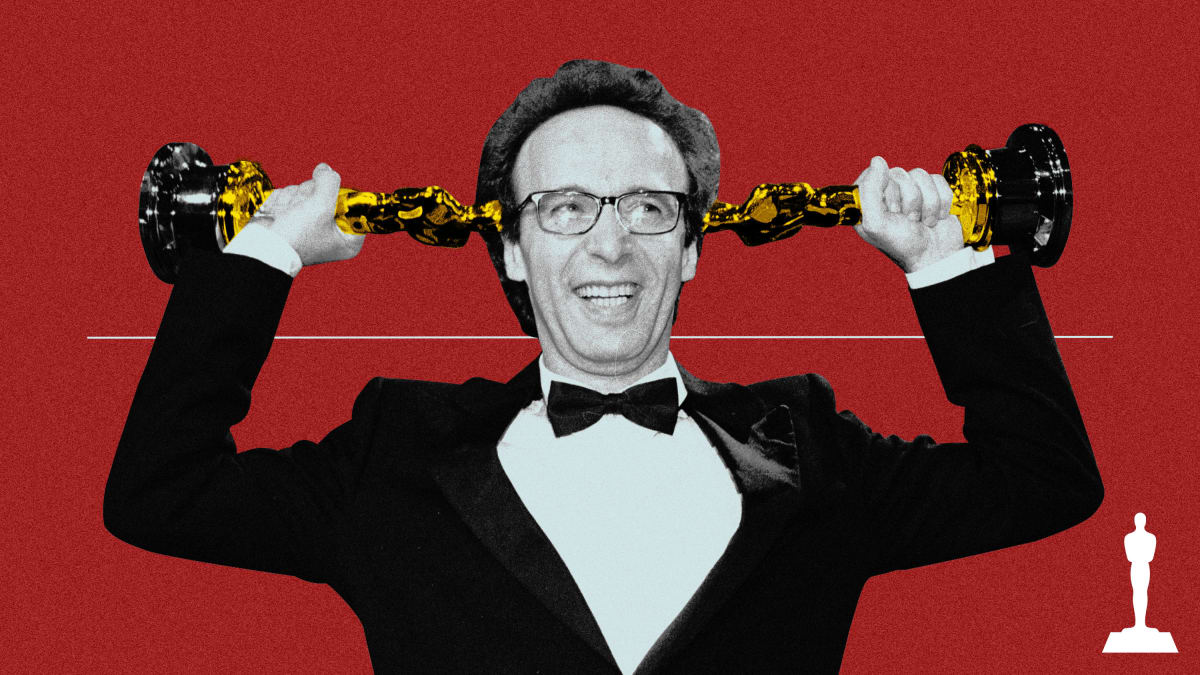
Benigni’s film, “Life Is Beautiful,” is a poignant and whimsical tale set during the Holocaust, telling the story of a father who uses humor and imagination to shield his son from the horrors around them. The film was a critical and commercial success, and Benigni’s heartfelt performance and direction earned widespread acclaim. His spontaneous and joyful reaction at the Oscars was seen as a genuine expression of his passion and gratitude.
While many found Benigni’s antics charming and endearing, others viewed them as overly dramatic and inappropriate for such a formal event. The Academy Awards, typically characterized by a reserved and dignified atmosphere, had never seen such an unrestrained display of emotion. Benigni’s actions highlighted cultural differences in expressions of joy and celebration, prompting discussions about the norms and expectations at prestigious events like the Oscars.
Roberto Benigni’s joyous leap onto the Oscars stage is a moment that continues to be celebrated and remembered. It exemplifies the spontaneous and unpredictable nature of live television and the way in which individual expressions of joy can break through the often rigid confines of formal events. Benigni’s actions remind us that, at its heart, the celebration of artistic achievement is about passion, joy, and the shared human experience.
9. Hattie McDaniel’s Segregated Seating (1940)
The 1940 Academy Awards were a historic event for several reasons, most notably for Hattie McDaniel’s win for Best Supporting Actress for her role as Mammy in “Gone with the Wind.” McDaniel’s victory marked the first time an African American had won an Oscar, a significant milestone in Hollywood history. However, her historic win was marred by the realities of racial segregation prevalent at the time.
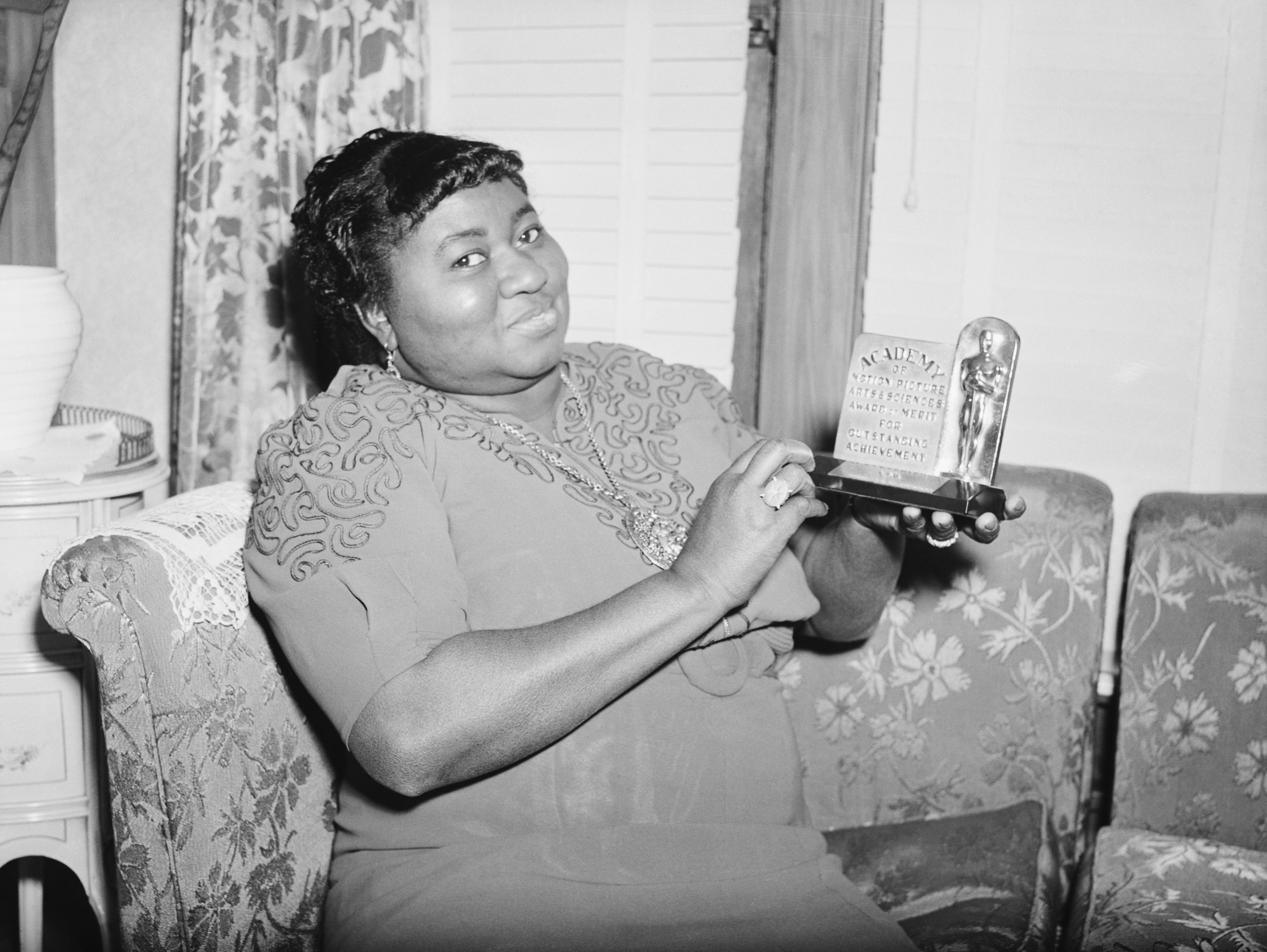
Despite her groundbreaking achievement, McDaniel was seated at a segregated table at the back of the Coconut Grove, the venue for the awards ceremony, far from her “Gone with the Wind” co-stars. The discrimination she faced on what should have been a night of celebration highlighted the pervasive racism of the era. McDaniel’s acceptance speech, delivered with grace and humility, acknowledged the significance of her win while also reflecting the challenges she and other African American actors faced.
In the decades following her win, McDaniel’s legacy has been reassessed and celebrated for its pioneering significance. She broke through barriers and paved the way for future generations of African American actors and actresses. However, her experience also serves as a stark reminder of the systemic inequalities that persisted in Hollywood and the broader society. McDaniel’s story is one of resilience and determination, highlighting the importance of acknowledging both the progress made and the challenges that remain.
Hattie McDaniel’s win at the 1940 Oscars is a defining moment in the history of the Academy Awards. It symbolizes both a breakthrough in the fight for racial equality and a reflection of the pervasive discrimination of the time. Her legacy continues to inspire and remind us of the ongoing struggle for equality and representation in the entertainment industry and beyond.
10. The Jada Pinkett Smith and Chris Rock Feud (2016)
The 2016 Academy Awards were embroiled in controversy even before the ceremony took place, primarily due to the #OscarsSoWhite movement. For the second consecutive year, all 20 acting nominees were white, prompting widespread criticism and calls for greater diversity and inclusion in Hollywood. One of the most vocal critics was actress Jada Pinkett Smith, who announced she would boycott the ceremony to protest the lack of recognition for African American talent.
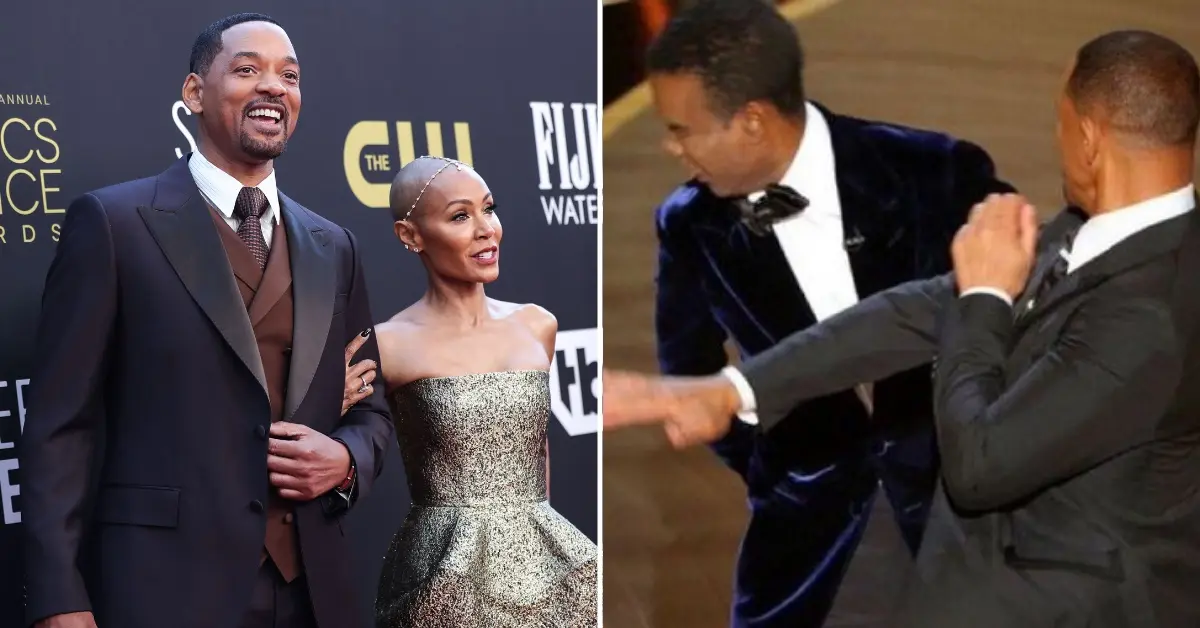
In a video posted to social media, Pinkett Smith expressed her frustration, stating, “Begging for acknowledgement, or even asking, diminishes dignity and diminishes power. We are a dignified people and we are powerful.” Her boycott gained significant media attention and sparked discussions about the systemic biases in the film industry. Pinkett Smith’s husband, Will Smith, was notably absent from the nominations for his role in “Concussion,” further fueling the debate.
Chris Rock, who hosted the 2016 Oscars, addressed the controversy head-on in his opening monologue. Known for his sharp and often provocative humor, Rock tackled the lack of diversity with a mix of comedy and pointed criticism. He referred to the Oscars as the “White People’s Choice Awards” and made several jokes about the absence of black nominees. However, one of his remarks specifically about Jada Pinkett Smith stirred additional controversy.
The 2016 Oscars controversy serves as a reminder of the importance of diversity and the need for continued efforts to ensure all voices and talents are recognized and celebrated. It highlights the power of protest and the impact that individuals can have in driving change within powerful institutions like Hollywood.
11. The Sacheen Littlefeather Speech (1973)
One of the most memorable and significant moments in Oscar history occurred at the 1973 Academy Awards when Marlon Brando declined his Best Actor Oscar for “The Godfather.” In his place, he sent Sacheen Littlefeather, a Native American actress and activist, to refuse the award on his behalf. Littlefeather’s brief but powerful speech brought attention to the portrayal and treatment of Native Americans in Hollywood and the broader issues affecting Indigenous communities.
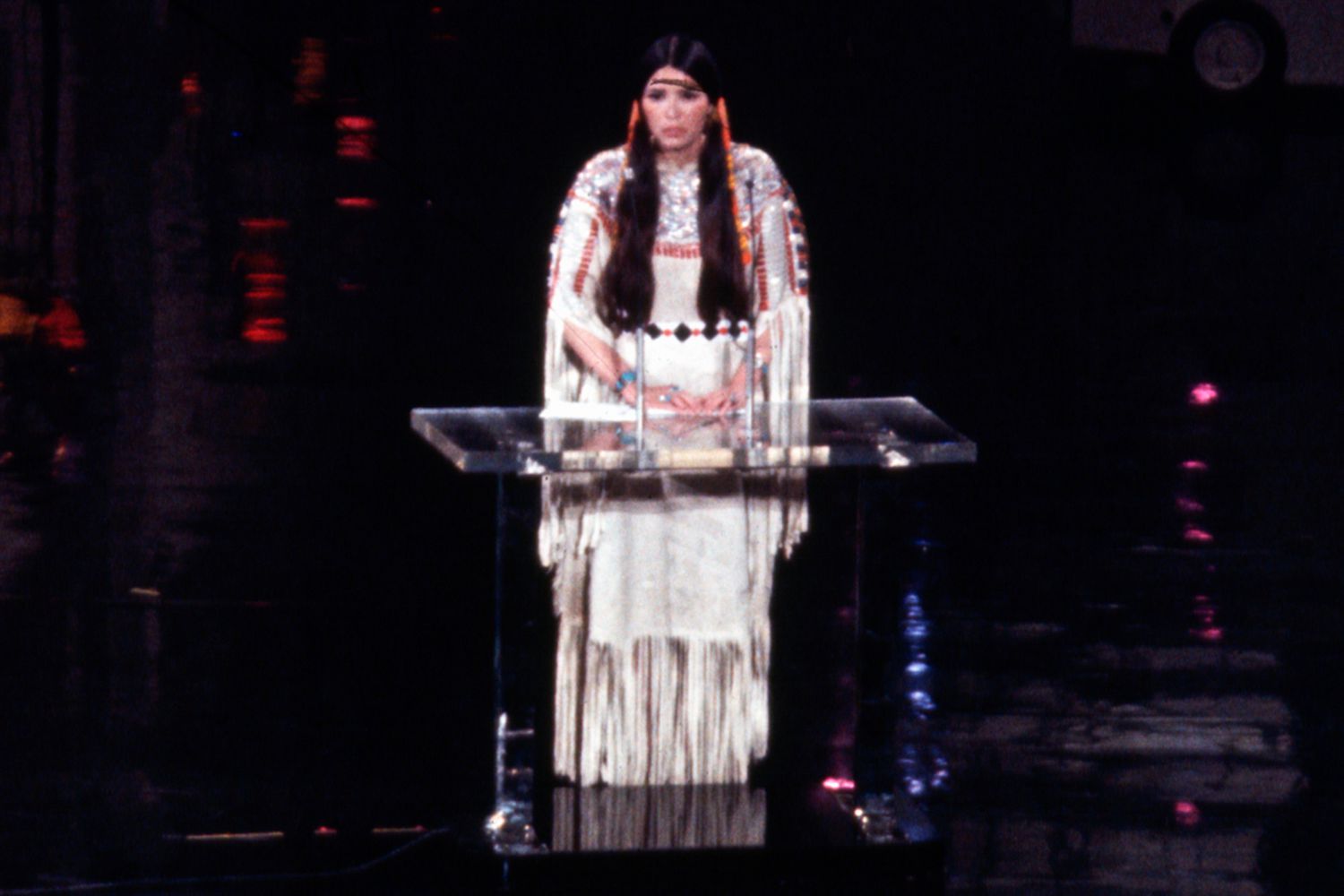
When Littlefeather took the stage, she was dressed in traditional Apache attire, and her presence immediately drew attention. Holding a letter from Brando, she explained that he could not accept the award due to “the treatment of American Indians today by the film industry” and in light of the recent events at Wounded Knee, where members of the American Indian Movement were engaged in a standoff with federal authorities. Her speech was met with a mix of applause and boos from the audience, highlighting the contentious nature of her message.
John Wayne, who was backstage, reportedly had to be restrained from rushing the stage in anger, illustrating the polarized reactions to Littlefeather’s appearance. The incident highlighted the deep-seated prejudices and resistance to change within Hollywood and American society. Despite the hostile environment, Littlefeather remained composed and delivered Brando’s message with dignity and conviction.
The Sacheen Littlefeather speech at the 1973 Oscars remains a defining moment in the intersection of activism and entertainment. It serves as a powerful reminder of the potential for individuals to use their platforms to advocate for social justice and the importance of continuing to address and rectify the misrepresentation and mistreatment of marginalized communities in the media.
12. The La La Land vs. Moonlight Mix-Up (2017)
The 2017 Academy Awards will be forever remembered for one of the most dramatic and shocking moments in the history of the Oscars—the envelope mix-up that led to “La La Land” being mistakenly announced as the Best Picture winner instead of the actual winner, “Moonlight.” This unprecedented blunder not only overshadowed the entire ceremony but also highlighted significant issues within the Academy’s processes and the broader cultural conversations around recognition and representation in Hollywood.
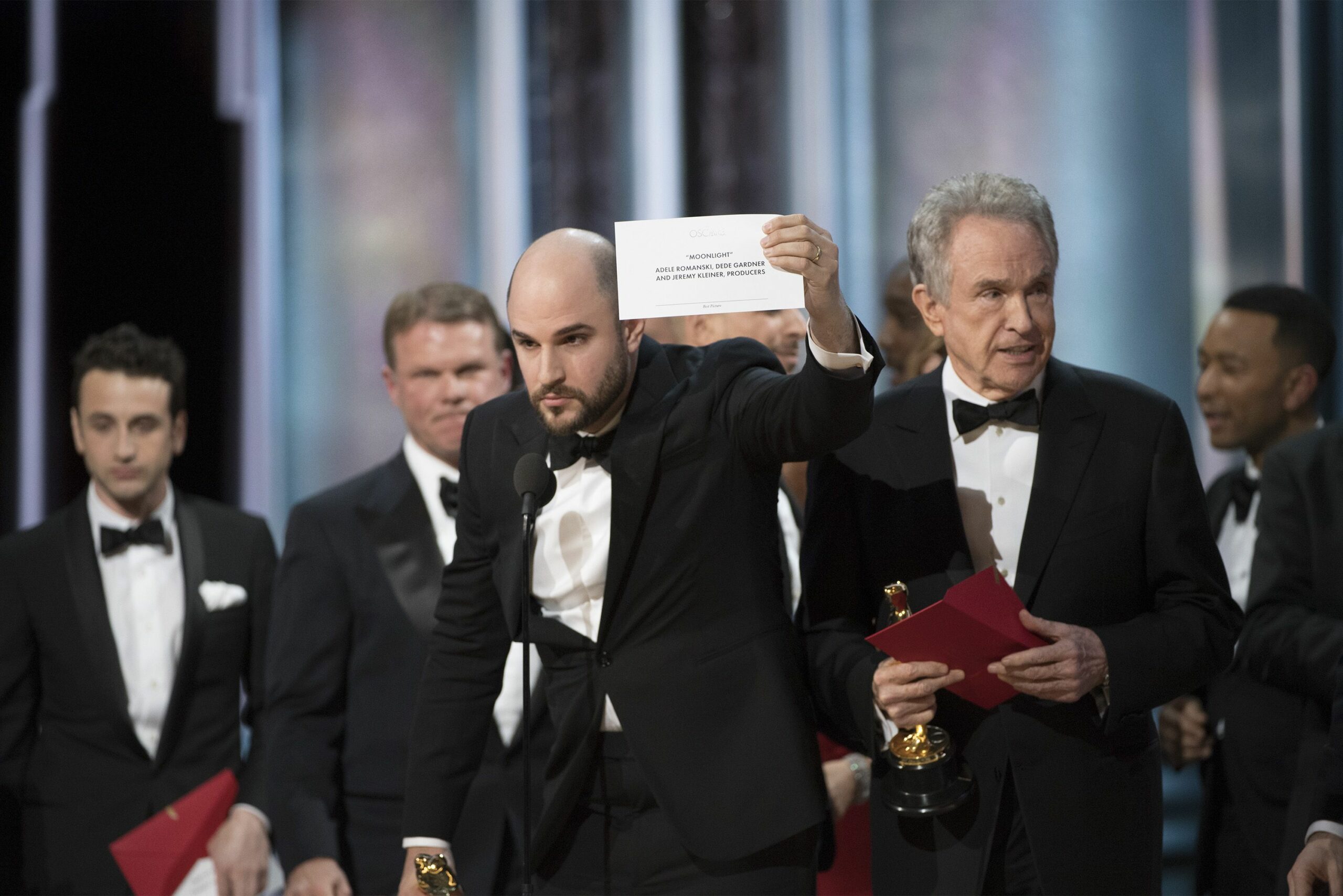
As the ceremony approached its climax, presenters Warren Beatty and Faye Dunaway took the stage to announce the Best Picture winner. After a moment of hesitation, Beatty handed the envelope to Dunaway, who confidently declared “La La Land” as the winner. The cast and crew of “La La Land” ascended the stage, and producers began their acceptance speeches. However, the celebration was abruptly halted when “La La Land” producer Jordan Horowitz revealed that there had been a mistake. Holding up the correct envelope, he announced, “This is not a joke. ‘Moonlight’ has won Best Picture.”
The 2017 envelope mix-up at the Oscars serves as a reminder of the unpredictability of live events and the human element inherent in even the most meticulously planned ceremonies. It underscores the importance of accuracy and integrity in recognizing artistic achievements and the need for continuous improvement in the processes that support such recognitions. Ultimately, it highlighted the significance of “Moonlight’s” victory and the ongoing journey towards a more inclusive and representative film industry.
As the dust settled, both “La La Land” and “Moonlight” continued to be celebrated for their artistic merits. The mix-up incident remains a pivotal moment in Oscar history, a testament to the potential for human error and the resilience of the artists involved. It serves as a powerful reminder of the importance of diversity and the impact that recognizing a wide range of stories can have on the cultural landscape.
